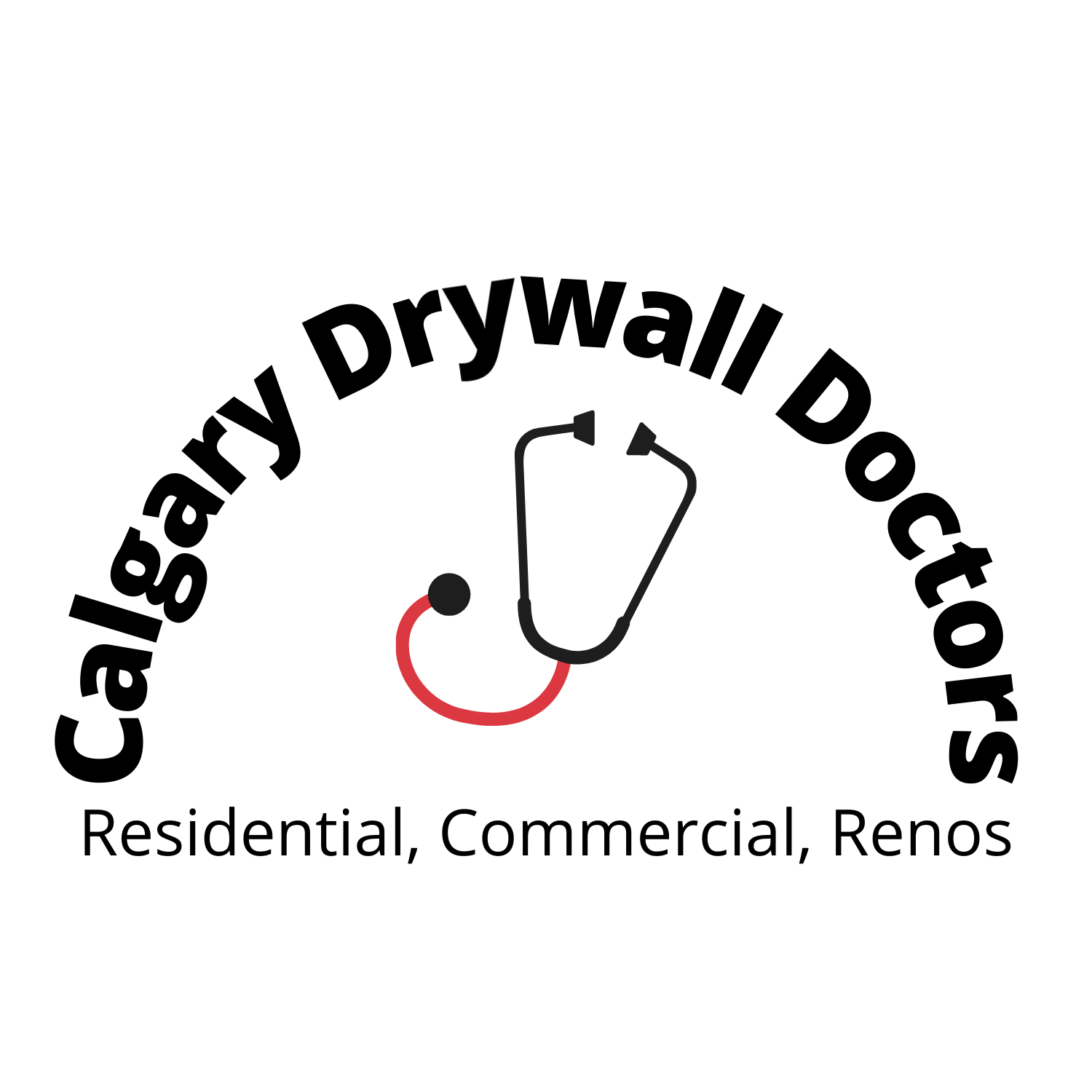Your drywall installation costs will primarily depend on five key factors. Square footage directly impacts material quantity and labor hours, while your choice of drywall type (standard, moisture-resistant, or fire-rated) affects material costs. Labor rates vary by location and season, typically ranging from $1.00 to $3.00 per square foot. Wall height and architectural complexity can increase expenses by 10-30%. A deeper analysis of these factors will help you budget more accurately.
Key Takeaways
- Room dimensions directly impact costs, with larger spaces like a 20′ x 20′ garage costing up to $3,900 for installation.
- Material selection affects pricing significantly, ranging from $10 basic gypsum board to $60 specialty fire-rated sheets.
- Labor rates vary between $1.00-$3.00 per square foot, with costs increasing during peak construction seasons.
- Wall height and architectural complexity can increase costs by 10-30% due to scaffolding needs and specialized skills.
- Location influences pricing through varying labor rates, building codes, and material availability in different regions.
Room Size and Square Footage Considerations

Three key factors drive drywall installation costs, with room size being the most significant determinant. You’ll find that total costs scale directly with square footage, as larger installation areas require more drywall panels and labor hours. For example, a compact 5′ x 8′ bathroom might cost between $300 and $1,000, while a spacious 20′ x 20′ garage can reach $3,900.
When planning your project costs, consider how room size affects both material and labor expenses. A standard 12′ x 12′ bedroom typically ranges from $580 to $1,800, while a 16′ x 20′ living room can cost up to $3,100. For whole-house installations, factors affecting drywall costs become even more pronounced – a 1,500-square-foot home can range from $5,500 to $22,000, depending on layout complexity and accessibility. Choosing fire-resistant drywall for your installation will increase costs but provides enhanced safety features compared to standard panels.
Material Quality and Type Selection
When selecting drywall materials, you’ll find that quality and type greatly impact your total installation costs. Standard gypsum board offers the most economical choice at $10-$20 per sheet, while specialty options demand premium pricing. You’ll need to weigh the benefits of thicker drywall, moisture-resistant panels, and fire-resistant options against your budget constraints.
| Drywall Type | Cost/Sheet | Best Application |
|---|---|---|
| Standard 1/2″ | $10-20 | Living spaces |
| Green Board | $20-40 | Bathrooms |
| Fire-Rated 5/8″ | $40-60 | Garages |
Consider investing in specialty options where necessary: moisture-resistant panels for bathrooms, fire-resistant drywall for garages, or thicker drywall for improved soundproofing. While standard drywall suits most living spaces, choosing the right type for specific areas guarantees long-term performance and compliance with building codes. Bulk purchase deals from local suppliers can help reduce overall material costs significantly.
Labor Rates and Project Timeline

Labor rates and timeline planning represent crucial factors in your drywall installation budget. You’ll find that labor costs typically range from $1.00 to $3.00 per square foot, with experienced contractors charging premium rates for their expertise. The average cost for hanging and finishing drywall falls between $1.50 and $3.00 per square foot.
Your project timeline will vary based on scope. A standard 12 x 12 room requires 2-3 days of drywall work, while a 2,000-square-foot home may take up to a week. Complex designs will increase your costs due to specialized skills needed. When selecting a drywall contractor, consider that seasonal demand affects pricing – peak construction periods often command higher rates. Planning your installation during off-peak seasons could help manage costs while ensuring quality workmanship. Moisture-resistant boards are essential for spaces like bathrooms or basements where humidity levels are typically higher.
Location-Specific Cost Variables
Geographic location stands as a primary driver of drywall installation costs across different regions. You’ll find that urban areas typically command higher labor rates due to increased demand and cost of living, while local building codes can greatly impact your material costs and installation requirements.
Market conditions in your area directly affect pricing through the availability of skilled labor and materials. When you’re planning your project, consider that you might benefit from competitive pricing if there’s a high concentration of contractors in your region. Furthermore, you’ll want to account for seasonal variations, as peak construction seasons often lead to heightened labor rates. Companies like Calgary Drywall Doctor offer free project quotes to help homeowners understand location-specific costs. Understanding these location-specific variables will help you better anticipate costs and plan your drywall installation project more effectively within your local market context.
Wall Height and Architectural Complexity

As you plan your drywall project, the height of your walls and architectural intricacies will greatly influence your total installation costs. Higher ceilings can increase your expenses by 10-30% due to the need for scaffolding and specialized equipment to guarantee proper installation.
Your project’s architectural complexity, including curved walls and archways, requires specialized skills and extended labor time. These design elements often demand intricate framing, which drives up both material costs and labor charges. The accessibility of complex features also impacts your bottom line, as contractors need more time to properly install drywall in hard-to-reach areas.
When budgeting, keep in mind that standard ceiling heights are more cost-effective than taller walls. If you’re incorporating custom architectural elements, factor in extra expenses for the expertise and materials needed to achieve your desired results. The use of metal framing elements ensures proper wall flatness and squareness when dealing with complex architectural features.
Additional Finishing Requirements
Beyond the basic installation of drywall panels, finishing requirements represent a substantial portion of your project’s total cost. When planning your drywall installation, you’ll need to account for taping and mudding, which adds $0.35 to $1.10 per square foot to the overall expense. If you’re considering texturing drywall, expect to pay an extra $0.80 to $2.00 per square foot, varying with the complexity of your chosen pattern. Hiring true professionals can help avoid costly mistakes and ensure quality workmanship throughout the finishing process. Painting services will further impact your project expenses, typically ranging from $1.50 to $3.50 per square foot. Custom finishes require specialized skills and further labor time, potentially pushing costs higher. Since finishing costs typically make up 20% to 30% of your total drywall installation budget, it’s crucial to factor these additional finishing requirements into your initial planning to avoid unexpected expenses.
Professional Assessment and Quotation Process

When planning a drywall installation project, you’ll need a thorough professional assessment to obtain accurate cost estimates. A contractor will evaluate your space, measuring room dimensions and identifying specific requirements that affect pricing. Companies like Montgomery offer free consultation services to help clients understand project costs and requirements upfront.
| Assessment Factors | Impact on Cost | Industry Standards |
|---|---|---|
| Room Size | Square footage | $1.50-$3.50/sq ft |
| Wall Height | Labor complexity | 15-20% premium |
| Surface Prep | Material needs | Variable rates |
| Access Points | Labor efficiency | +10-25% if difficult |
| Special Features | Extra materials | Custom pricing |
The quotation process includes itemized breakdowns of both material expenses and labor costs. You’ll want to acquire multiple quotes from different contractors to guarantee competitive pricing. Each estimate should detail specific requirements, potential challenges, and timeline expectations. Professional estimators use standard industry rates to provide transparent pricing that aligns with market conditions.
Frequently Asked Questions
What Is the Rule of Thumb for Drywall Estimating?
You’ll want to budget around $2 per square foot for drywall installation, including labor and materials. This baseline helps you estimate costs while accounting for project complexity and regional pricing variations.
How Much Should I Charge to Install and Finish Drywall?
You’ll want to charge $1.50-$3.50 per square foot for walls and up to $3.80 for ceilings, including labor and materials. Factor in your experience level and regional rates when setting your prices.
How Much Is Drywall per Square Foot in Canada?
You’ll typically pay between $1.50-$3.50/sq.ft for wall drywall and $1.50-$3.80/sq.ft for ceiling installation in Canada, including materials and labor. Regional costs vary based on local market demand and availability.
How Much Does Labor Cost to Mud and Tape Drywall?
You’ll typically pay between $0.35-$1.10 per square foot for professional drywall finishing labor. Your total costs depend on regional rates, project complexity, and material quality. Professional installation guarantees quality results versus DIY methods.
Conclusion
Understanding these cost factors will help you make informed decisions about your drywall installation project. You’ll need to account for room dimensions, material specifications, labor expenses, regional pricing, architectural challenges, and finishing requirements. To obtain accurate project costs, guarantee you’ve gathered detailed measurements and consulted qualified contractors who can assess your specific requirements. Request multiple quotes to establish competitive pricing for your installation.





